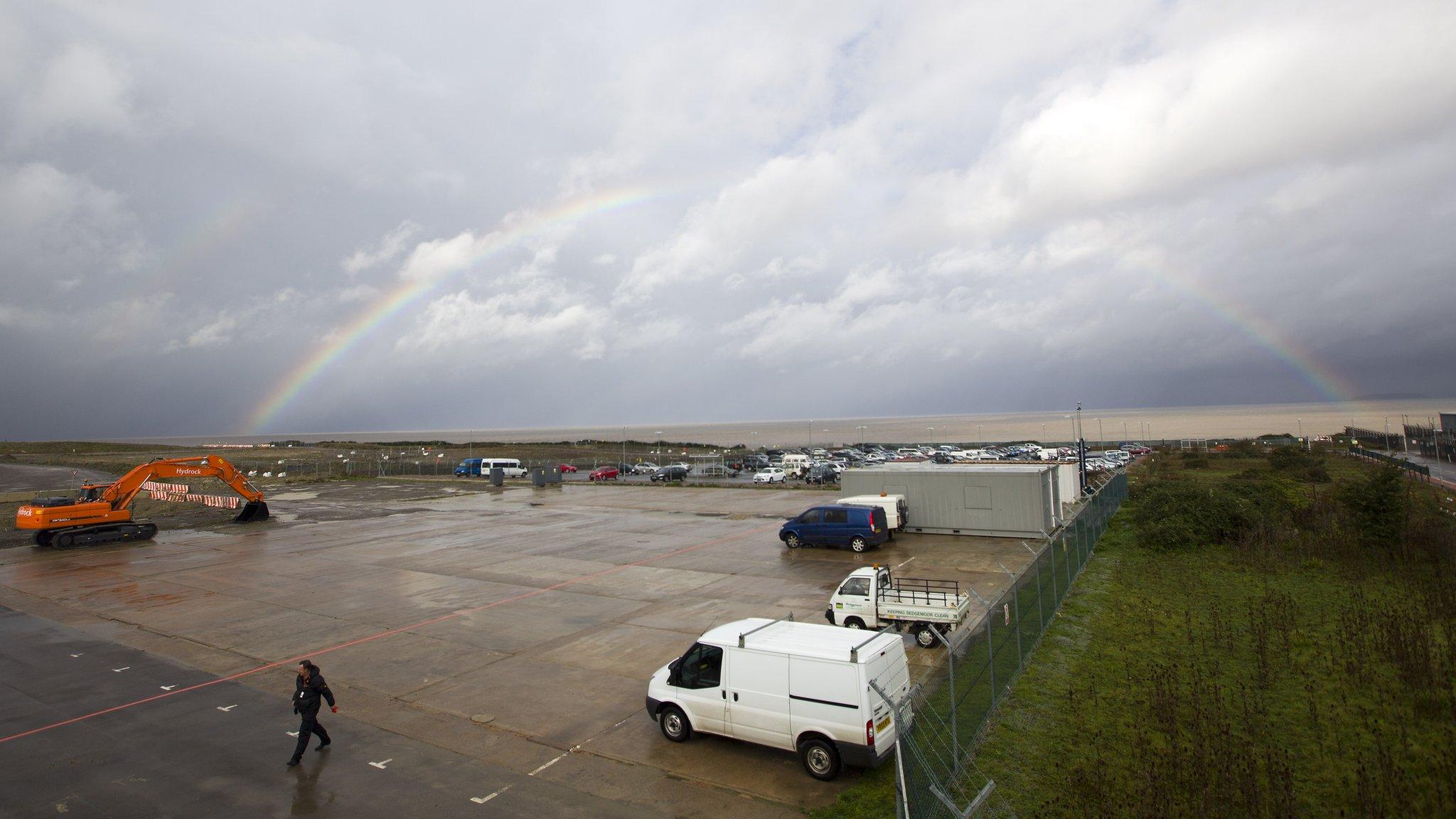Hinkley Point C nuclear plant not essential - think tank
- Published
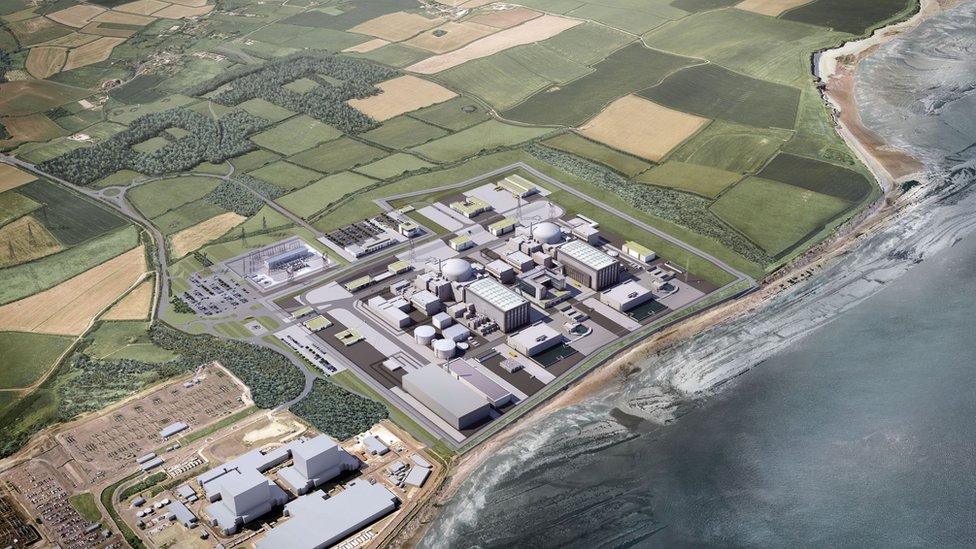
The Hinkley Point C nuclear power plant is "not essential" for the UK to meet its energy and climate change targets, according to a think tank.
The Energy and Climate Intelligence Unit (ECIU) also said opting for "established" approaches instead would save bill payers £1bn a year in total.
EDF Energy, which has agreed to back Hinkley, said the ECIU report did not offer "credible alternatives".
The government is due to make a final decision on Hinkley in the autumn.
May or May not
French firm EDF, which is financing most of the £18bn Hinkley Point project in Somerset, approved the investment at a board meeting last month.
However, the government, under new Prime Minister Theresa May, then made the surprise announcement that it wanted to delay its final decision on the project so it could carry out a review.
One of the report's authors, former Npower chief executive, Paul Massara - who now runs North Star Solar - said: "You are looking at a deal which is two and half times the current price, it goes on for 35 years and effectively this report today shows we can transition to a low carbon, affordable secure option without Hinkley and that's what we should be doing."
Mr Massara said a more "flexible" cost saving approach was needed that "includes things like demand-side management, which means people can turn down their electricity demand and manage their demand, with smart meters and batteries which are going to come in the next five to six years".
Household bills
If it goes ahead, it is forecast Hinkley Point C would deliver 7% of the UK's electricity. The low-carbon electricity it would generate would help towards achieving climate goals.
However, the government has guaranteed EDF a fixed price for the electricity it produces for 35 years. That fixed price is £92.50 per megawatt hour - nearly double the current rate.
That is expected to push up energy bills for consumers in the long run.
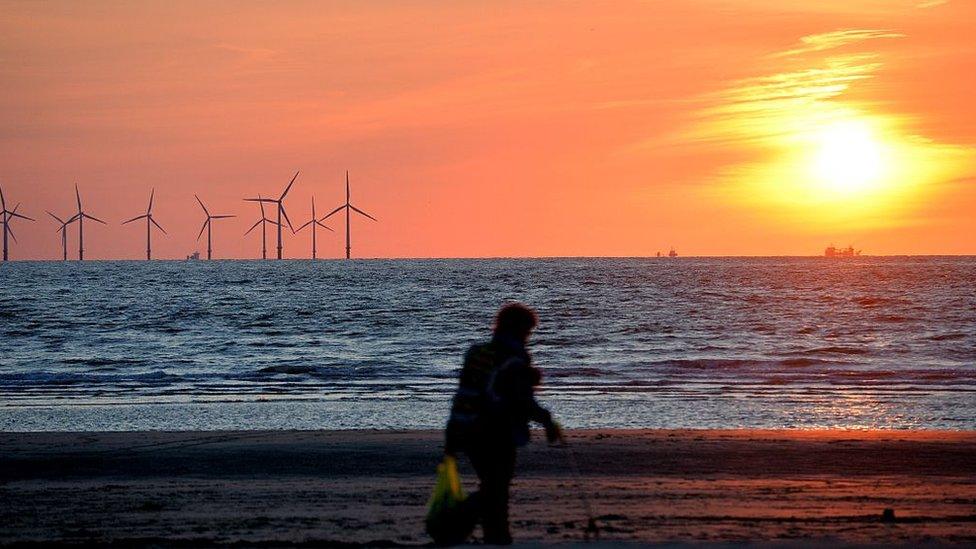
The Energy and Climate Intelligence Unit says its proposals would save money
The government used one method to calculate, external it, which could add about £10 a year to each household's bill, although some other calculations have suggested it could be more.
In its report, the not-for-profit ECIU made the assumption that "the total annual cost of Hinkley will probably be about £2.5bn".
It then calculated the cost of a basket of alternative measures to meet the country's energy and climate change targets, and concluded that bill payers, both domestic and business, would end up paying a total of £1bn less per year for their energy if they were adopted than if Hinkley C were built.
'Not essential'
The think tank's alternative proposals include building more wind farms and gas-fired power stations than are currently planned and laying more cables connecting the UK grid with other countries.
"Our conclusion is that [Hinkley Point's] not essential," said ECIU director, Richard Black.
"Using tried and tested technologies, with nothing unproven or futuristic, Britain can meet all its targets and do so at lower cost," he added.
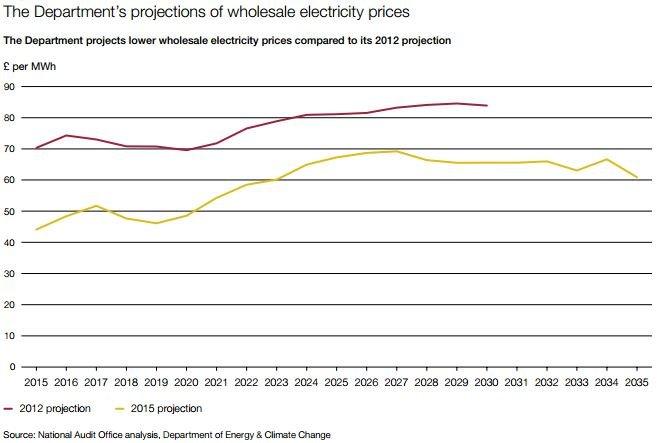
'Not credible'
However, EDF said while all approaches put forward by the ECIU would be included in the ideal future energy mix, large scale nuclear generation would also be part of it.
"The scenarios outlined in the ECIU report are not credible alternatives to Hinkley Point C," the company added.
"Hinkley Point C's cost is competitive with other large-scale low carbon technologies. It will generate electricity steadily even on foggy and still winter days across Northern Europe. It will play a crucial role as part of a future, flexible energy stream."
The Department for Business, Energy and Industrial Strategy (BEIS) said in a statement: "Our priority is to ensure that everyone has secure, clean and affordable energy now and in the future. This is why we want the UK to have a diverse and reliable mix of energy sources including nuclear, renewable energy and gas."
- Published30 July 2016
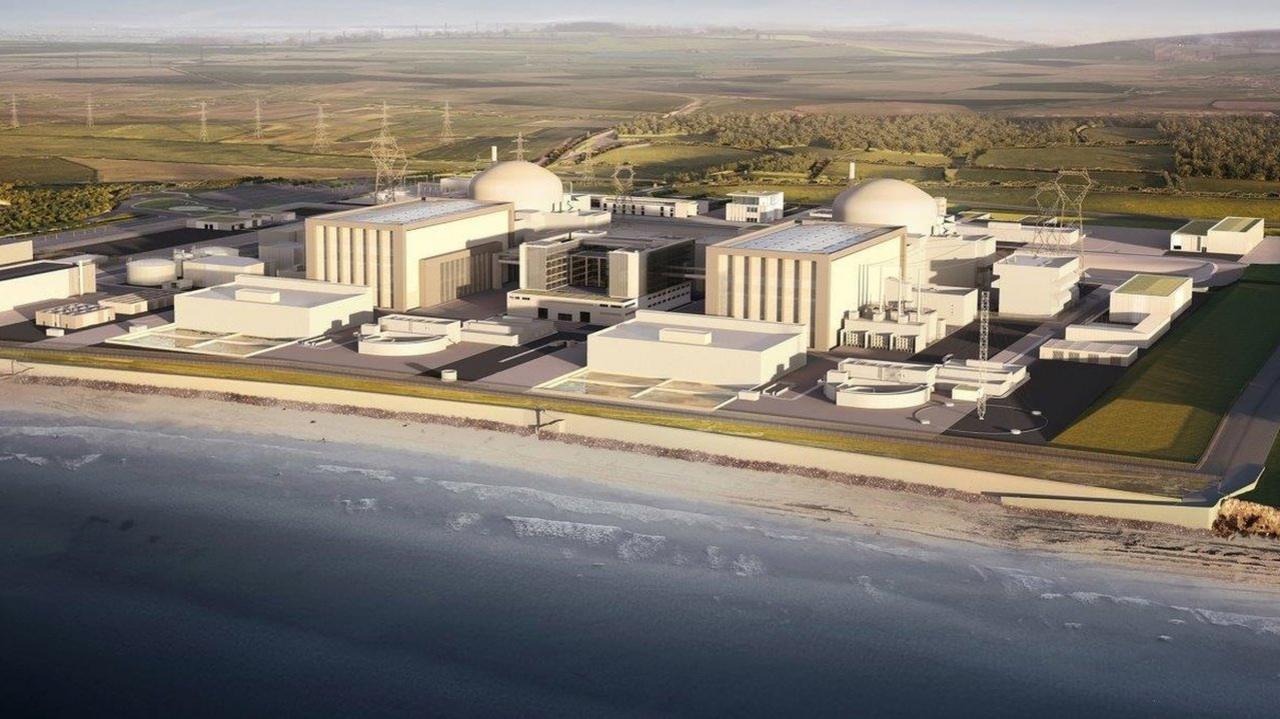
- Published30 July 2016

- Published29 July 2016
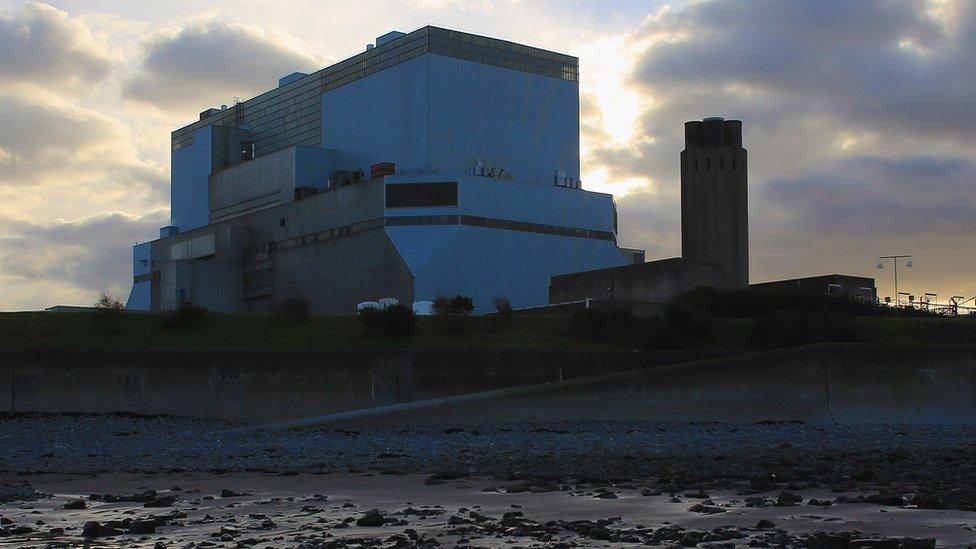
- Published15 September 2016
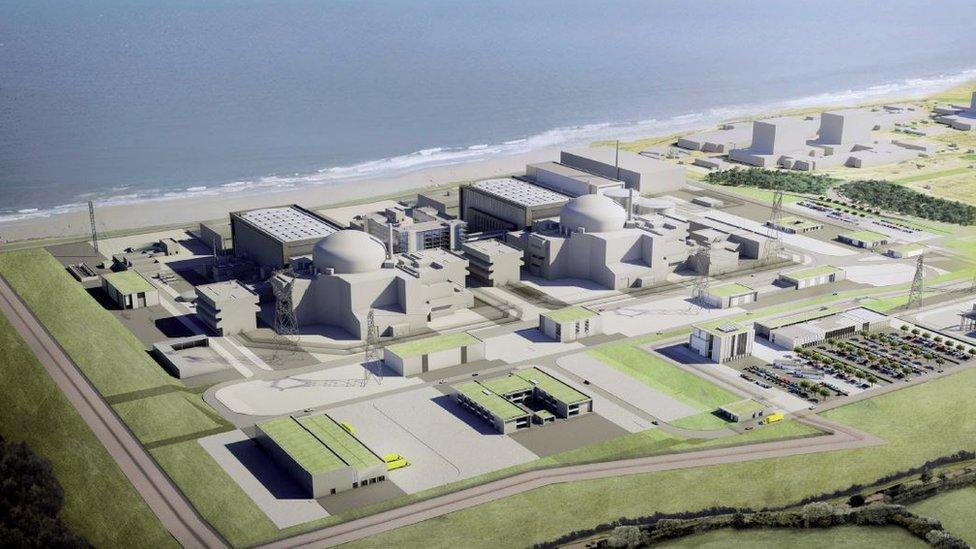
- Published24 April 2016
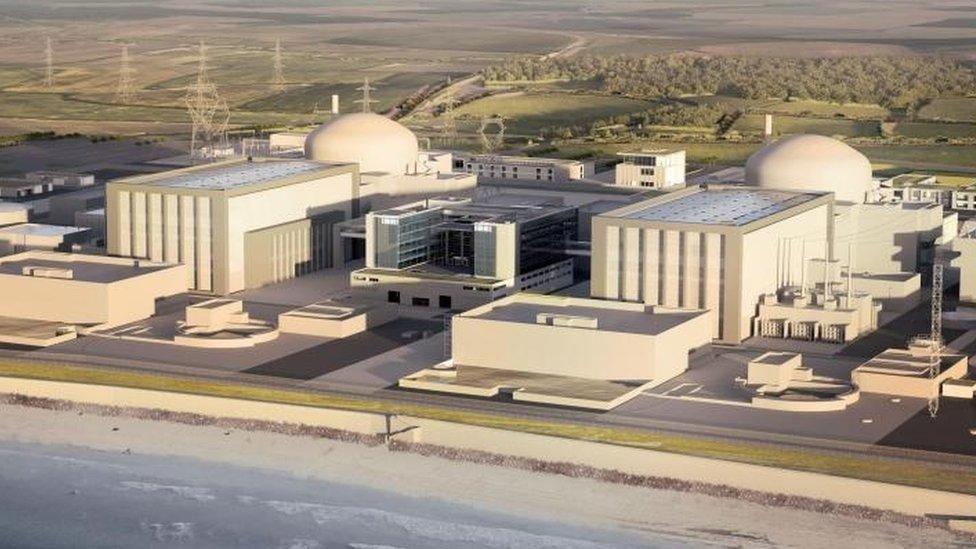
- Published17 April 2016

- Published22 March 2016
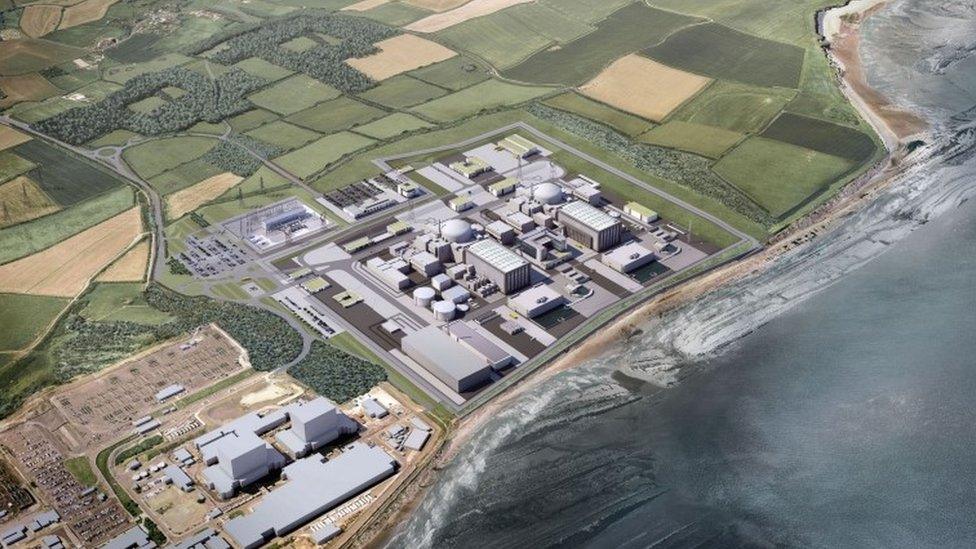
- Published7 March 2016
